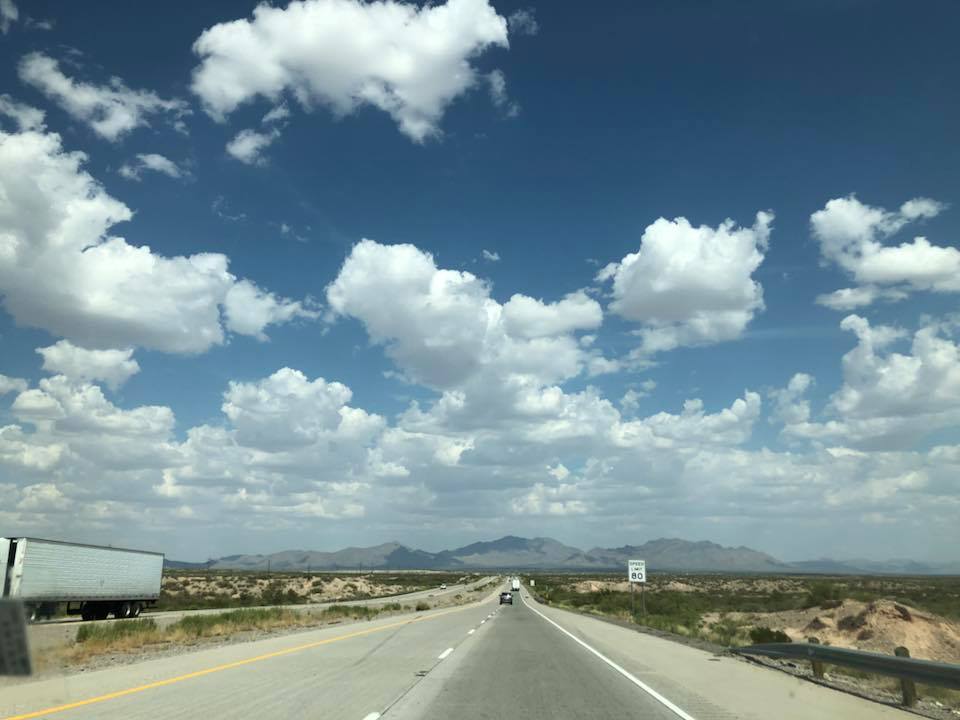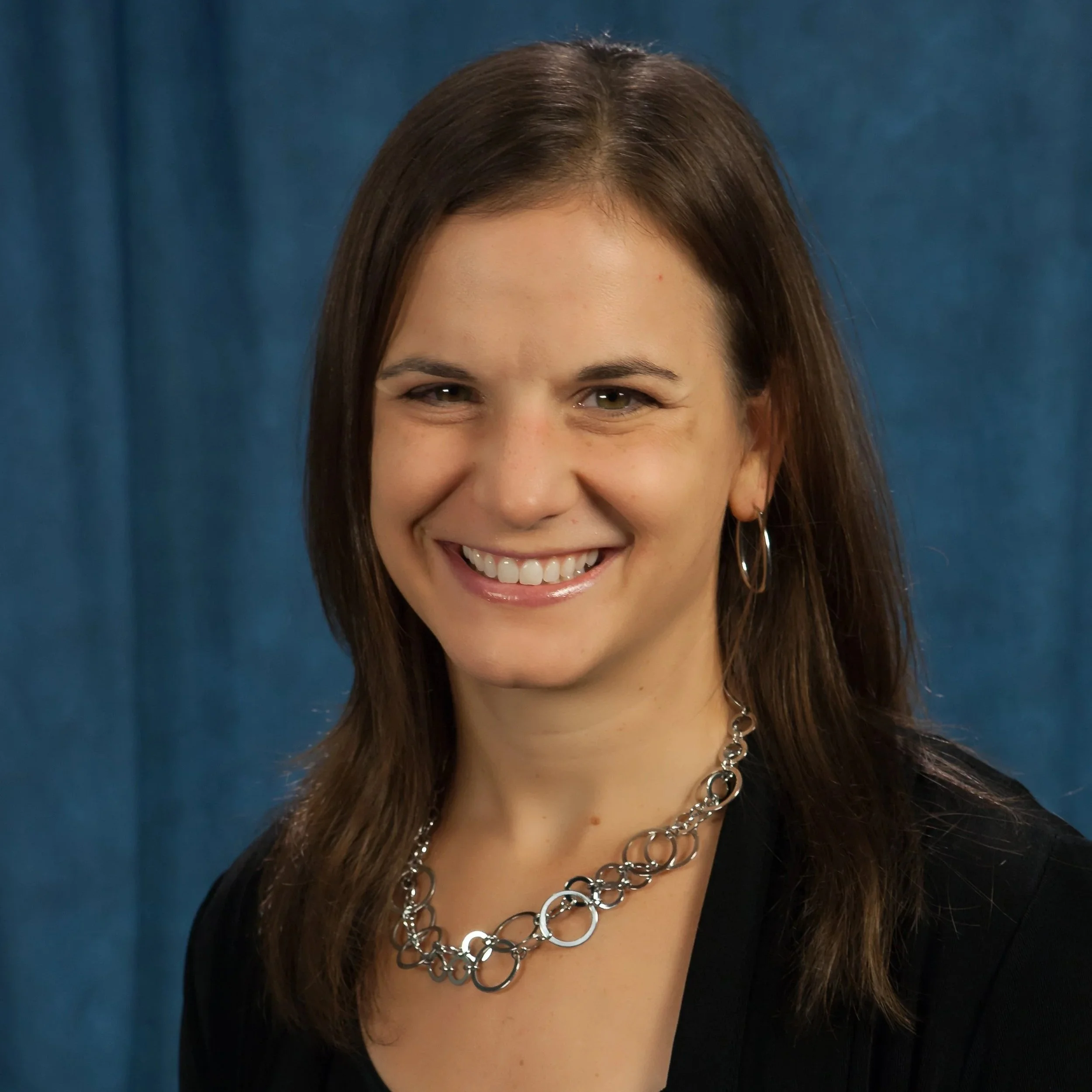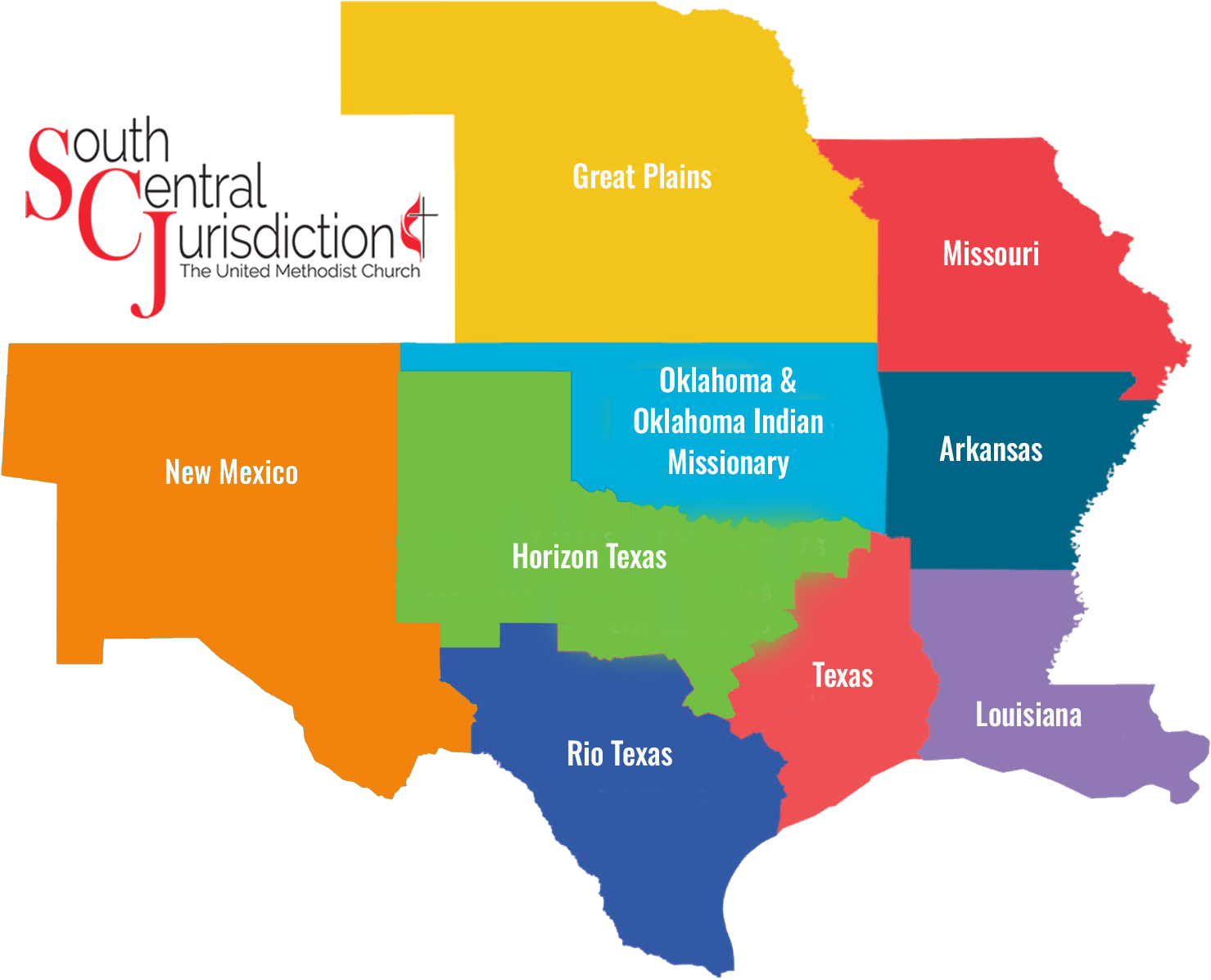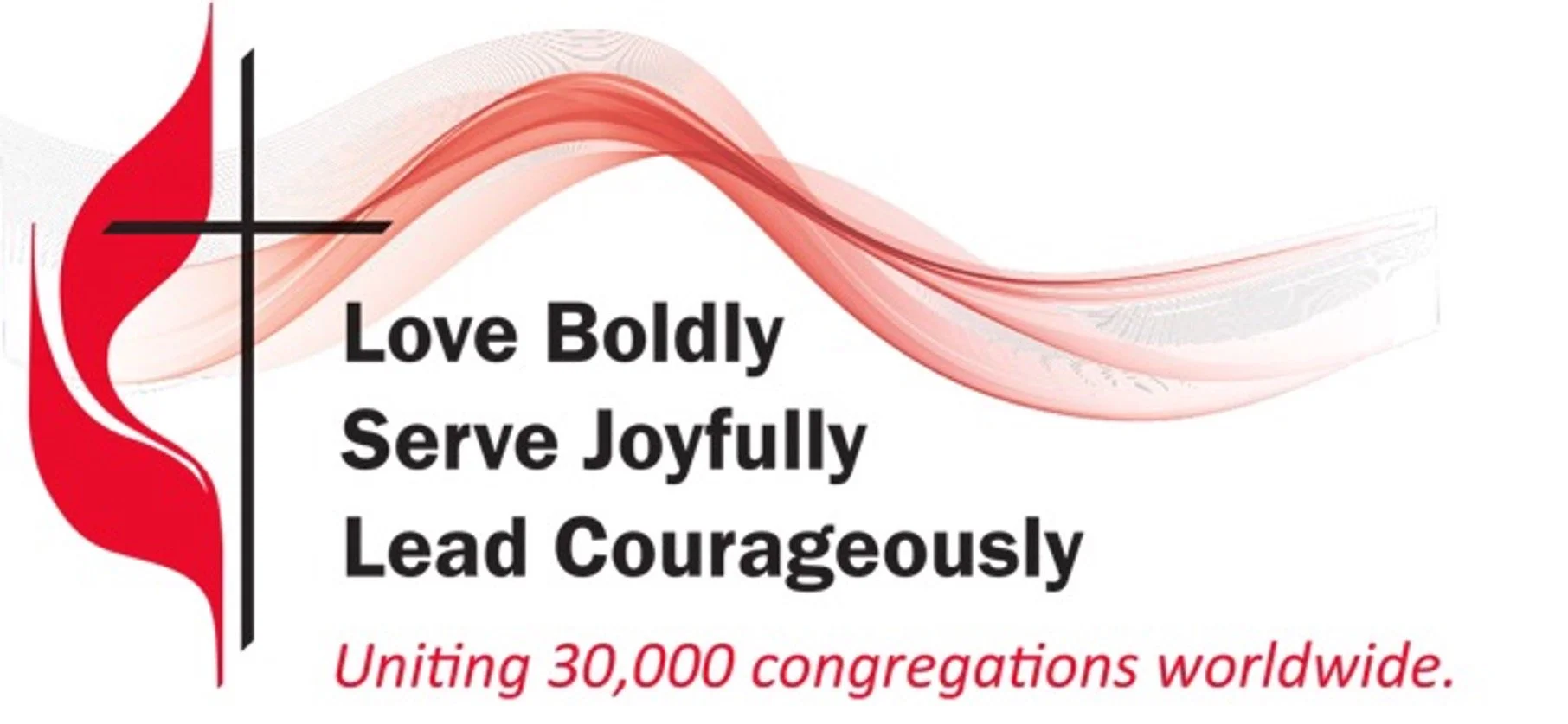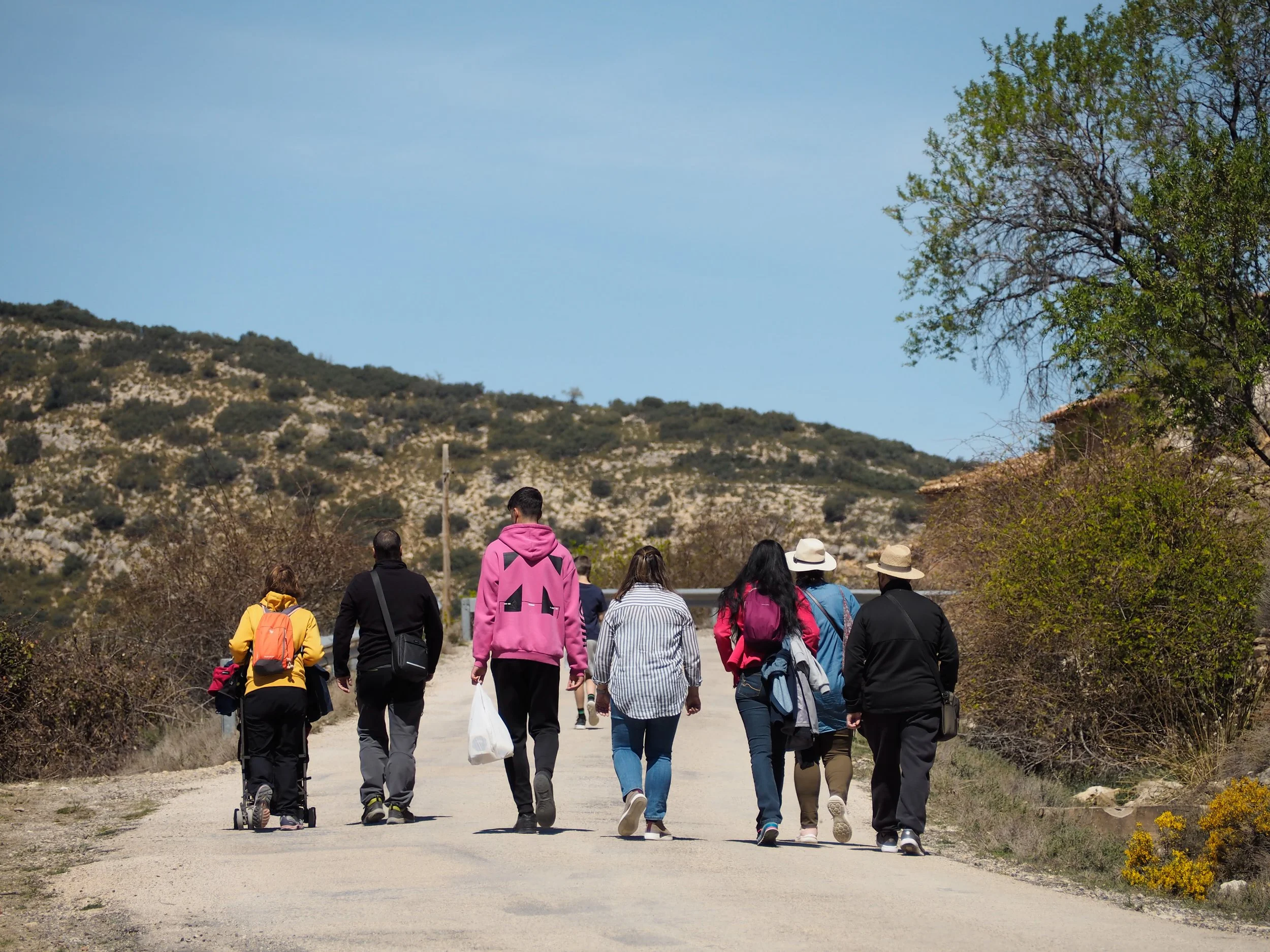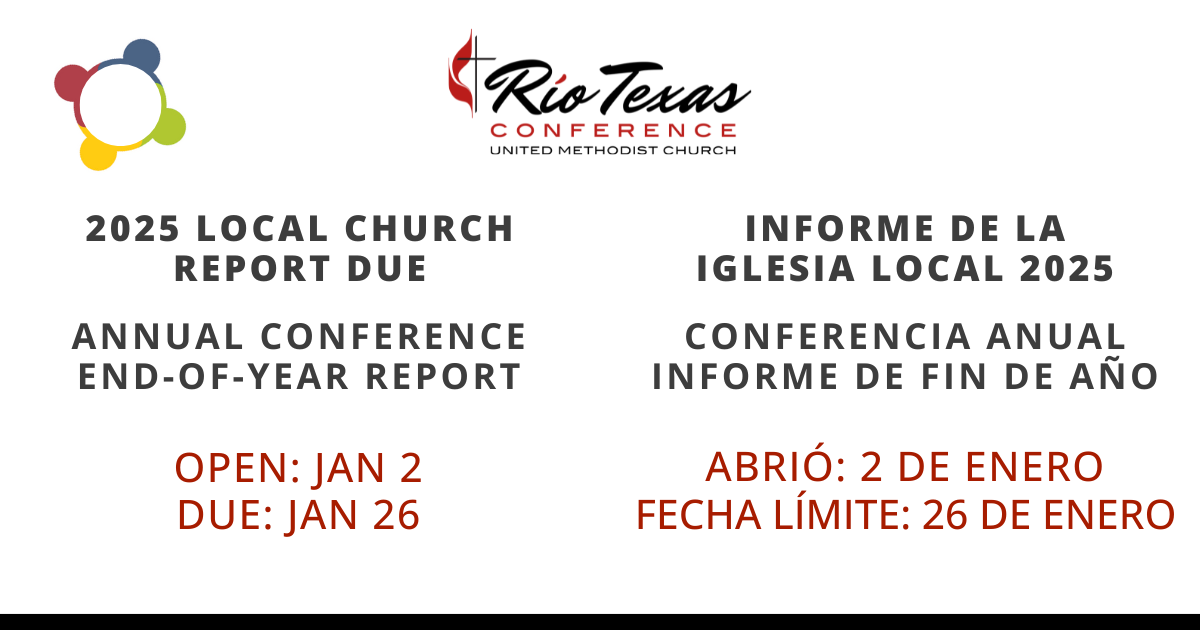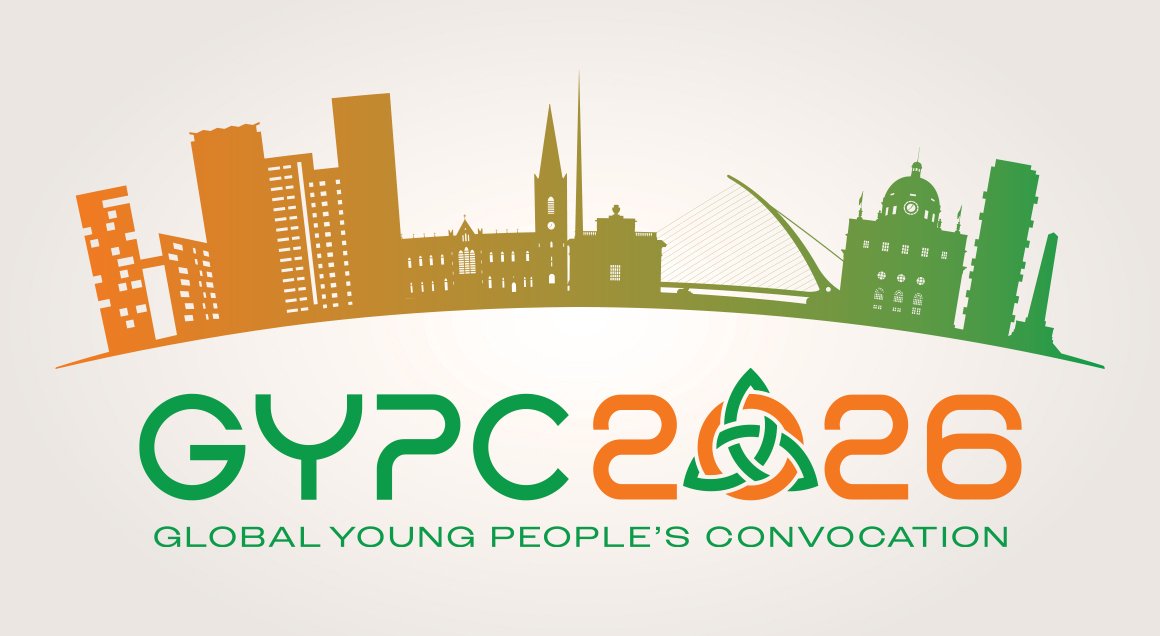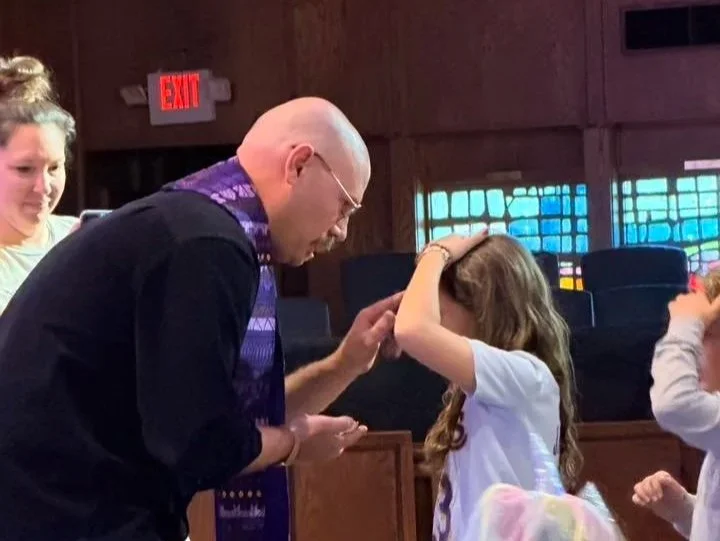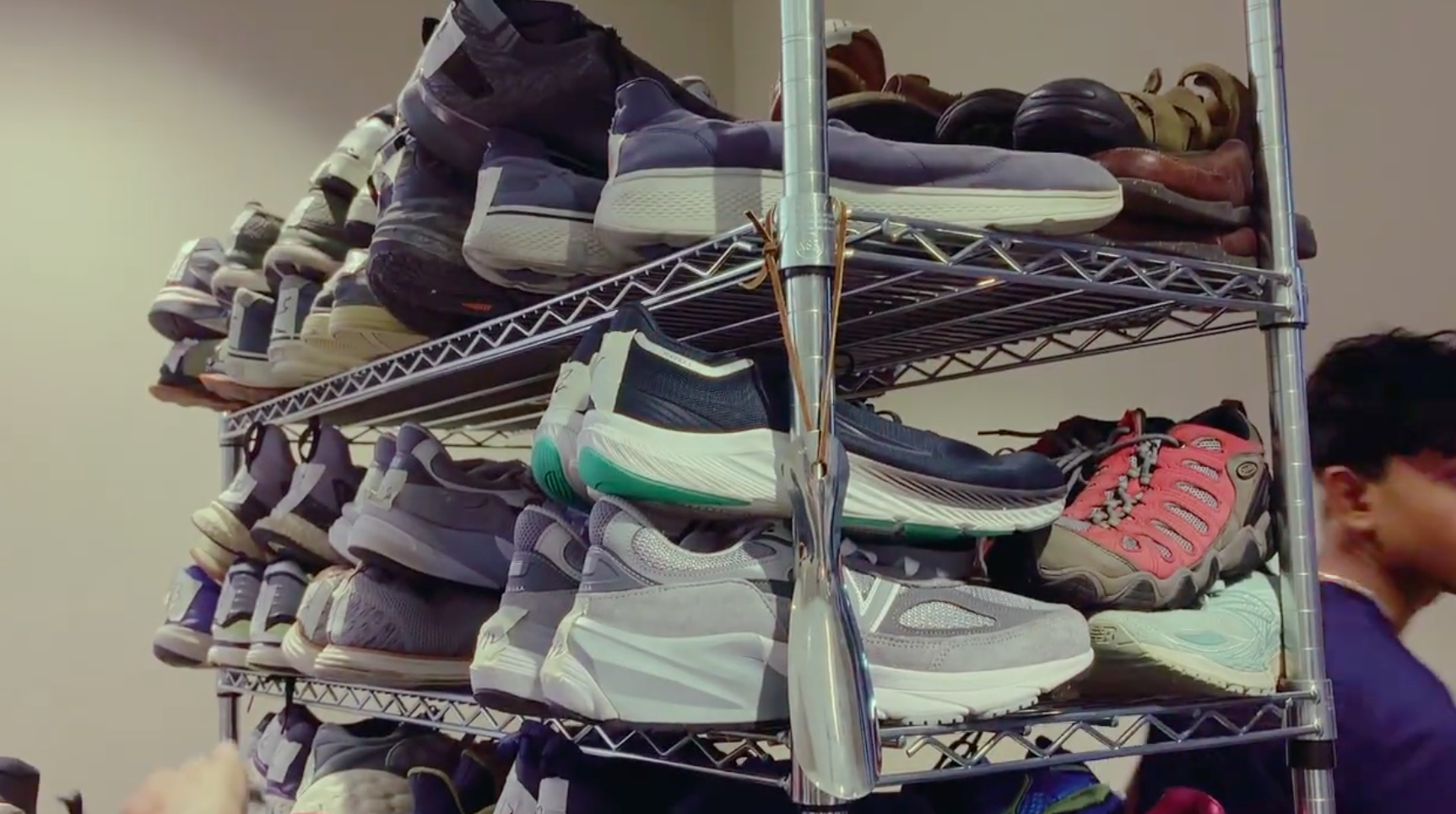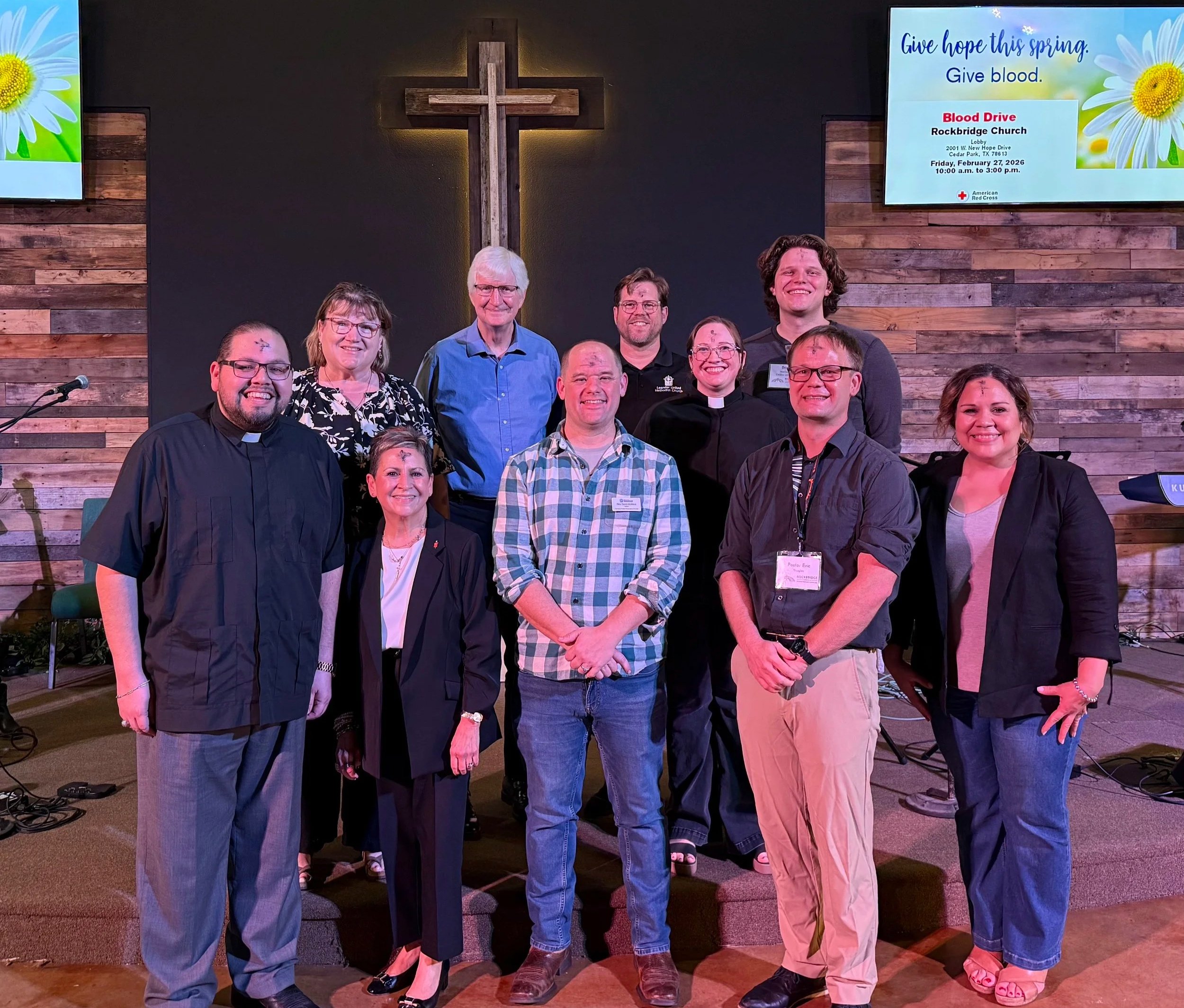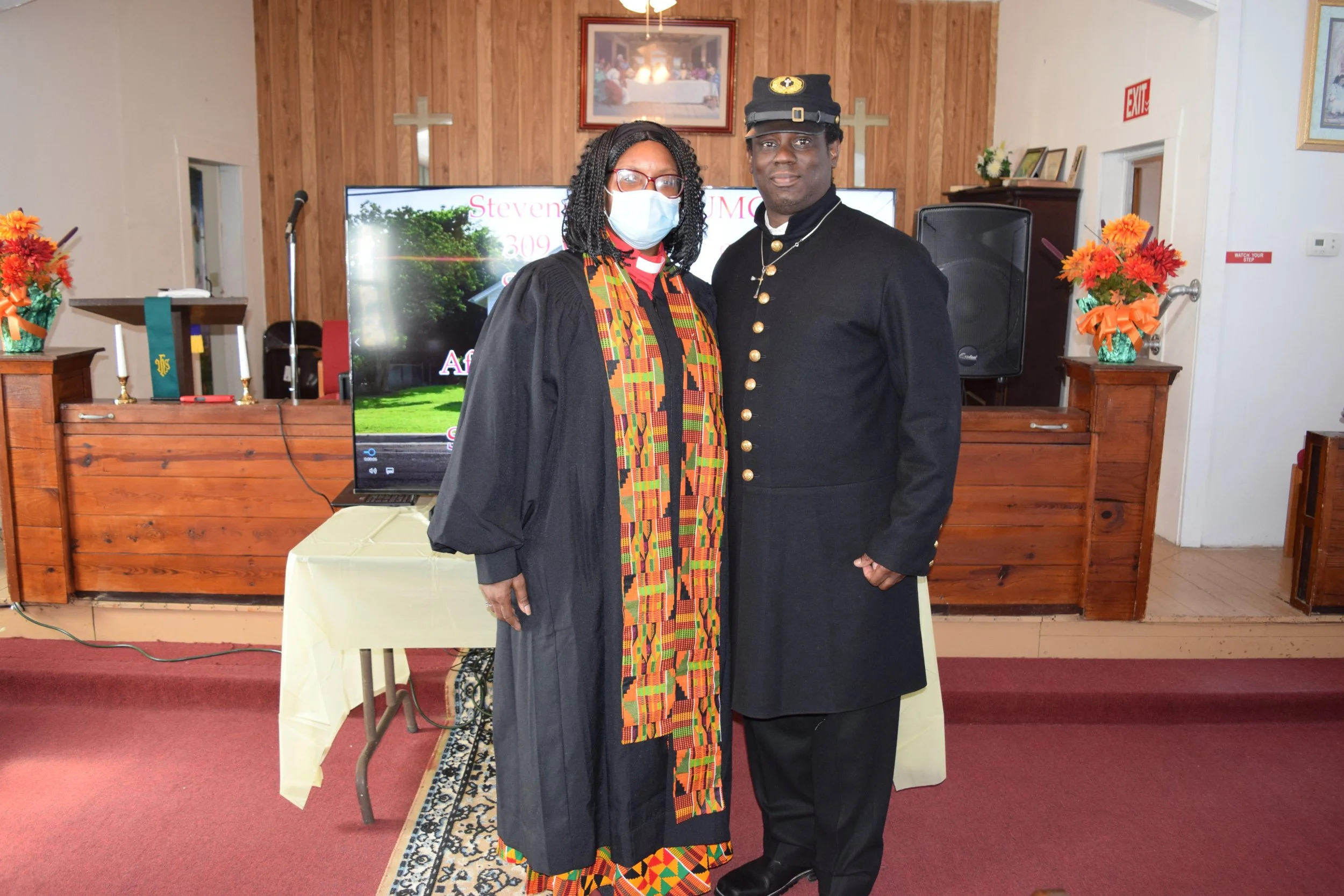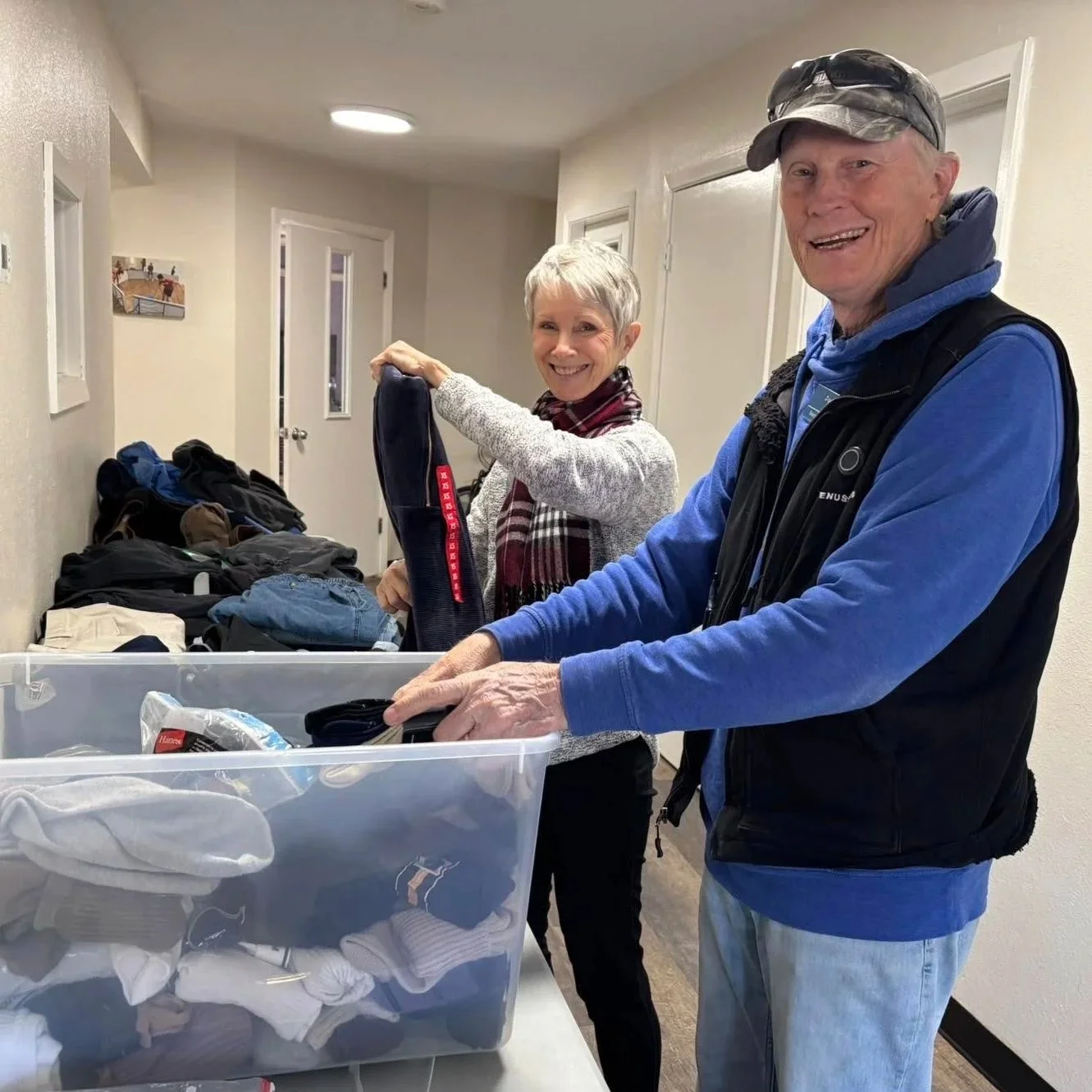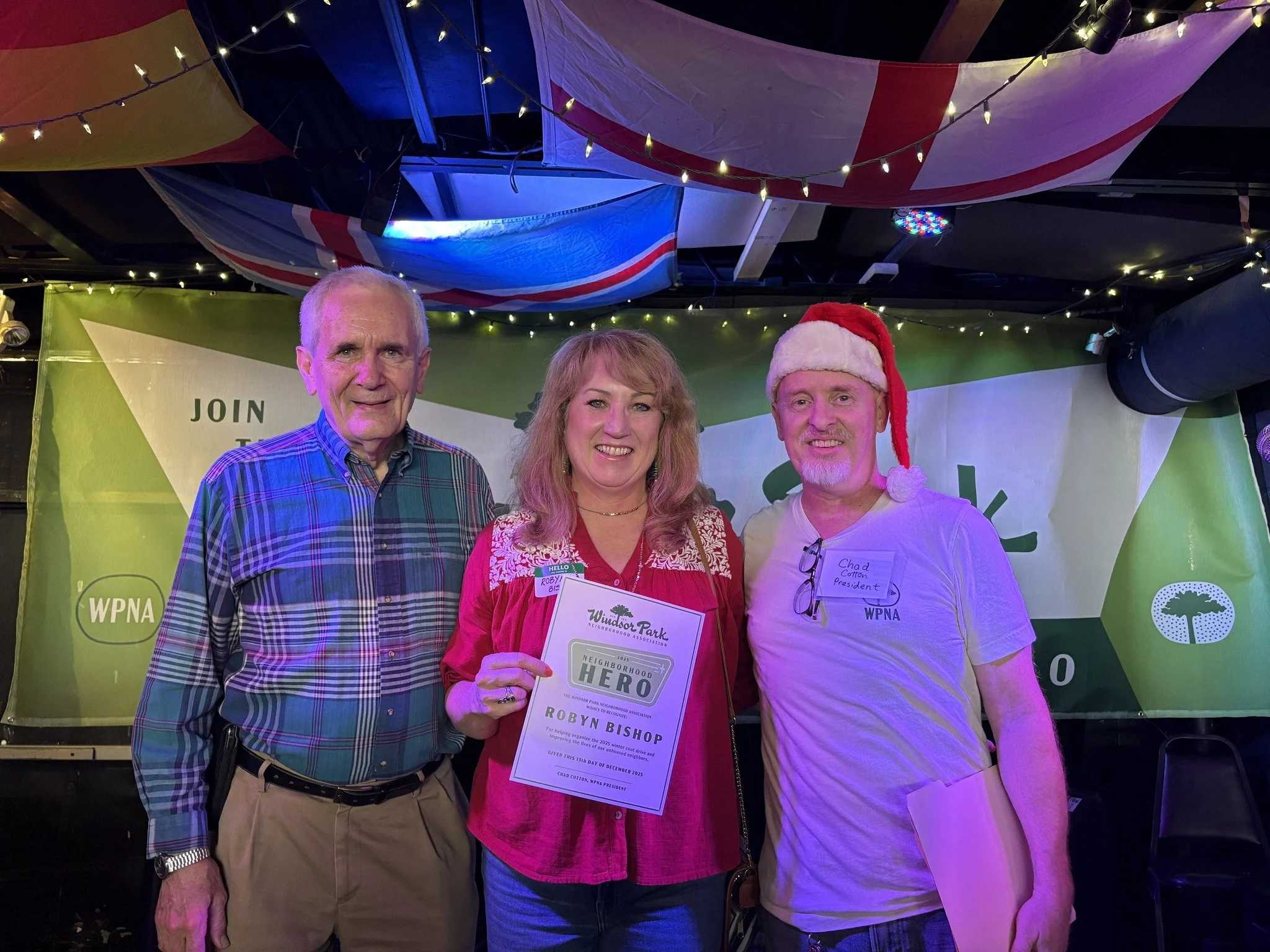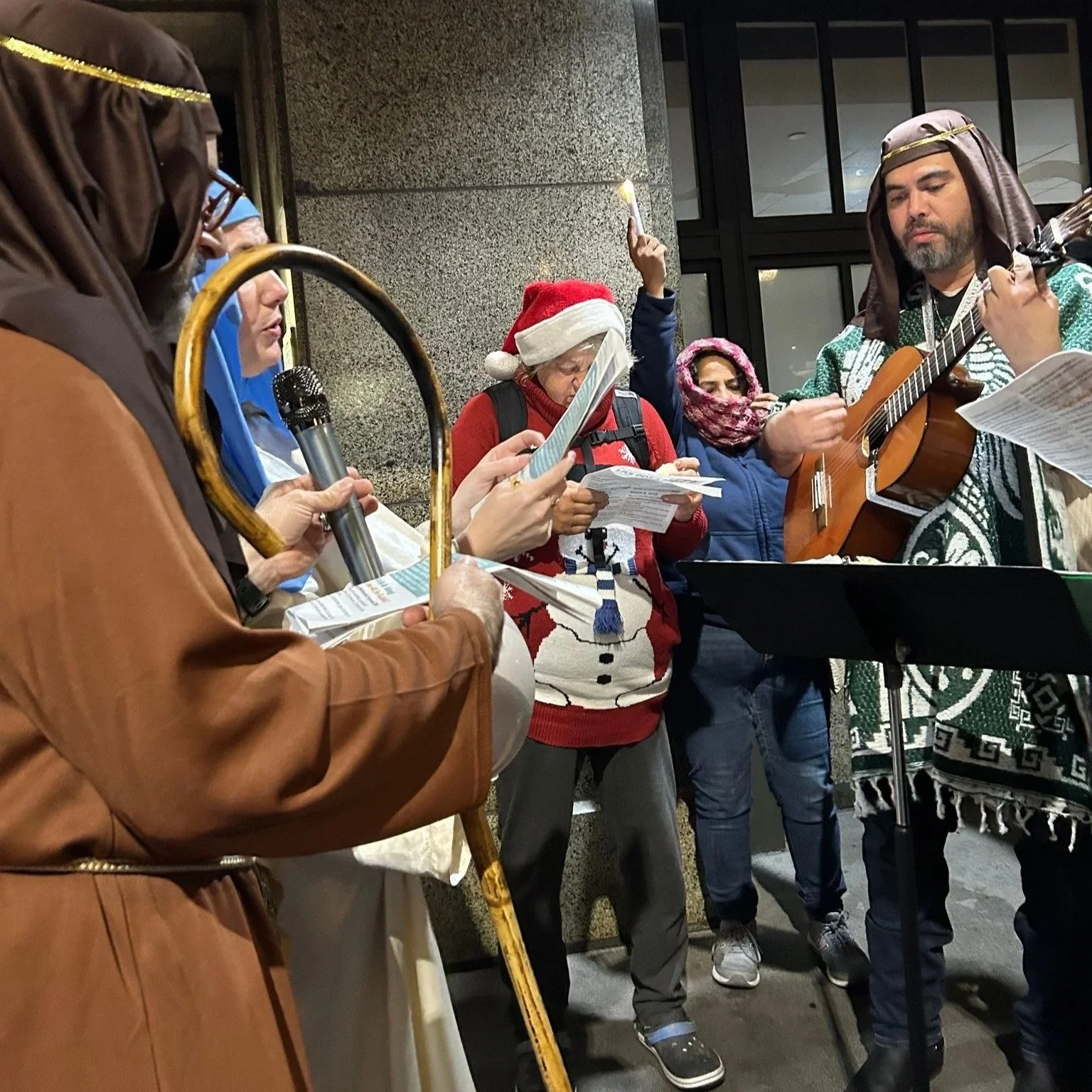Reflections on Tornillo July 29, 2018
/by Rev. Laura Merrill
I was so grateful when Rev. Owen Ross invited me to be a part of the team allowed to enter the Tornillo detention facility to lead worship with the immigrant kids held there. So many people have wished there were something they could do in response to what we’ve seen happen with unaccompanied minors and especially immigrant children separated from their parents at the border, and I felt truly privileged to have the chance to stand in that place.
What I learned before going was that this trip was not going to be about reporting on the facility itself. We were not going as eyes and ears for the rest of the world. This is in part to keep our personal reflections on the conditions we experienced at that moment from being used by others who aren’t us. Especially in light of recent reports of terrible treatment and conditions in some facilities, I am personally distressed and angered by the fact that we hold immigrant children in centers of any sort. But the reason for our presence in this place was to provide these children an opportunity to pour out their hearts to God in worship.
And that’s exactly what happened.
At least 300 boys gathered in the worship space for the first service. They were tall and short and many different colors. I have known many teenagers like these, and at first glance they project an air of toughness. We can only imagine what situations they’ve needed to stay tough against. But when they come to you, and you look into their eyes, there is a tentative vulnerability, a receptivity, even sometimes joy in making a connection.
There was a team of ten of us—five from Dallas, three from El Paso, and two from San Antonio. As we began, you’d have thought we were rock stars. We introduced ourselves by name and city only, and each member of the team was greeted with a huge cheer and thunderous applause. They were glad to be there! The musicians led them in praise songs, and just like in church, you could hear when we hit patches that the kids knew well—their voices swelled to the top of the tent, and all my hair stood up on end. We read Psalm 139, and I shared a message about other young people who had made dangerous journeys—Joseph, Hagar, Baby Jesus—all whom God had accompanied, and all whom God finally used to bless others. In between we repeated verse 5 of the psalm: “Tu protección me envuelve por completo; me cubres con la palma de tu mano.” (Your protection envelops me completely; you cover me with the palm of your hand.) We used our hands and arms to embrace and cover ourselves as God does.
We shared a time of prayer, when team members passed out cards and colored pencils for the youth to write their prayer concerns. Nearly all were prayers for the safety and health of family and home, for their pending cases to be successful, and for quick release from the facility. I was able to bring cards home from the boys’ service and will share them with people who want to be praying these concerns forward. Even some of the staff shared concerns on cards. No names are shared on the prayer cards.
As the cards were being picked up, we also prayed individually with any who raised their hands. The ones I prayed with shared again mainly concern for their families, or sometimes nothing at all, just seeking a blessing.
The other worship component was the sharing of bread. We used no liturgy to make this “legitimate Holy Communion,” mostly out of respect for the varying traditions these youth surely represented—everything from Catholic to Jehovah’s Witness. I told them the bread is a symbol of Christ’s presence with us in every moment, a symbol of the gift of his life to us and that he will never leave us. But as some of us walked from table to table, sharing the bread with those who raised their hands, saying, “this means Jesus loves you,” I realized that most of the boys were indeed taking it as communion, holding out cupped hands to receive, crossing themselves. So I started saying, “el cuerpo de Cristo, dado para que tengas vida abundante.” Whether we meant it to be communion or not, that’s what it was. And often all it took was for one brave soul to stick his hand in the air to get ten others to follow.
The girls’ service that followed was different, mostly because there were only about 30 of them. They were shy and looked very young. My own daughter will turn 17 in August, and I could not help but think of her in their place. The girls were shy, but just as with the boys, once we started singing, they let loose. We sang “Abre mis ojos, O Cristo” (Open the Eyes of My Heart, Lord), and on the third line, “I want to see you,” their voices blew the back wall off the tent—“YO QUIERO VERTE...” The power of their emotion filled me, and I finally began to lose it. Then we sang “Sumérgeme,” and there were many closed eyes and tears, as they sang from a place of literal dependence on God’s mercy, with literal fatigue and road and desert and thirst:
Cansado del camino,
sediento de ti ,
un desierto he cruzado,
sin fuerzas he quedado;
vengo a ti.
Luché como soldado
y a veces sufrí,
y aunque la lucha he ganado
mi armadura he desgastado;
vengo a ti.
Sumérgeme
en el río de tu espíritu;
necesito refrescar
este seco corazón,
sediento de ti.
Tired from the road
thirsty for you
I have crossed a desert
I’m left without strength
come to you.
I fought like a soldier
sometimes I suffered
and though I’ve won the battle
I’ve used up all my armor
I come to you.
Submerge me
in the river of your spirit
I need to refresh
this dry heart
thirsty for you.
As we drove back east, I have to say that I felt heartbroken. Part of that was my own fatigue, but part was the burden of pain and fear I know these young people will continue to carry until their journey reaches its end, and maybe beyond that. It’s impossible to know from their prayer cards exactly what each has left behind, what trauma they’ve witnessed or experienced, both at home and on their journeys here. We sincerely tried to communicate hope and assurance and possibility, and most definitely the knowledge that they are beloved of God. And I know that some of them will make it through and will make a good life. But the fact that we had to be standing there in the first place just made me very sad and angry.
I’m glad to have been part of bringing a gospel word into that place. And I know God’s word of life has power of its own and will finally not come back empty, but will accomplish the purpose for which it was spoken. I just have to pray and keep working to stay with that plan. And not get stuck in sadness, as those kids cannot allow themselves to do.
A final note: We as a team were just the facilitators for the children held at Tornillo to offer worship to their God. I want to be clear that I do not see my participation, nor that of any other team member, as something special. The reason I share this story is to lift up these brave young sojourners to your prayers. And most especially I hope your prayer moves you to action on their behalf, as true prayer always does.
I give glory to God today for the power in Christ to give life in the midst of death. And I pray that I and we might find even some small portion of the courage and faithful witness of these precious children of God.



